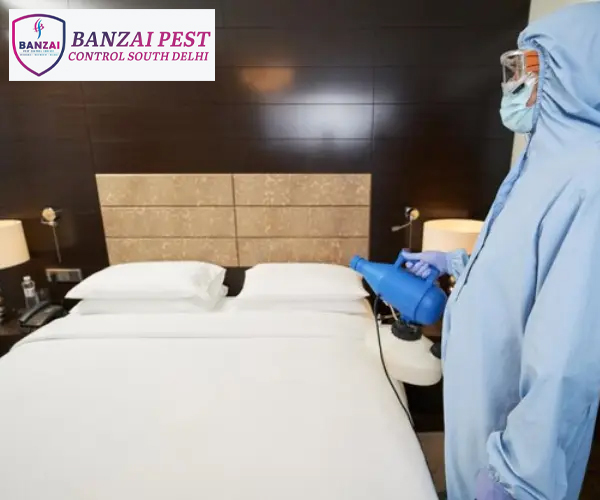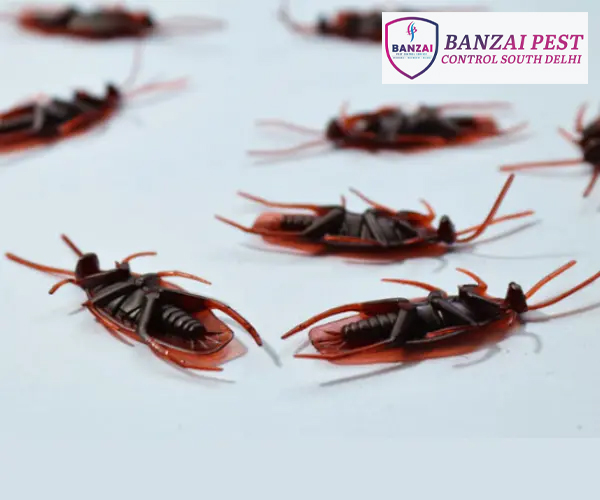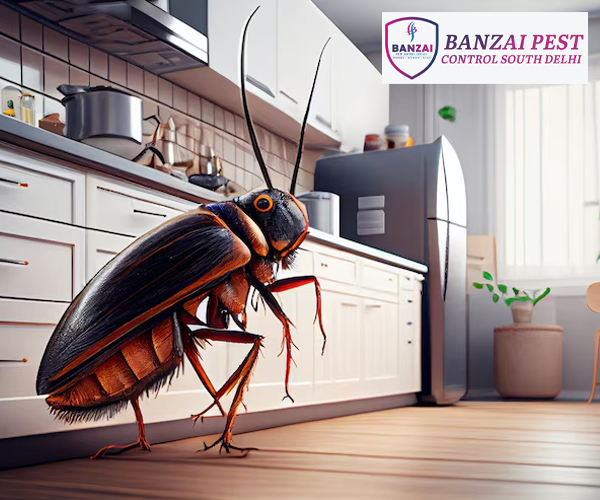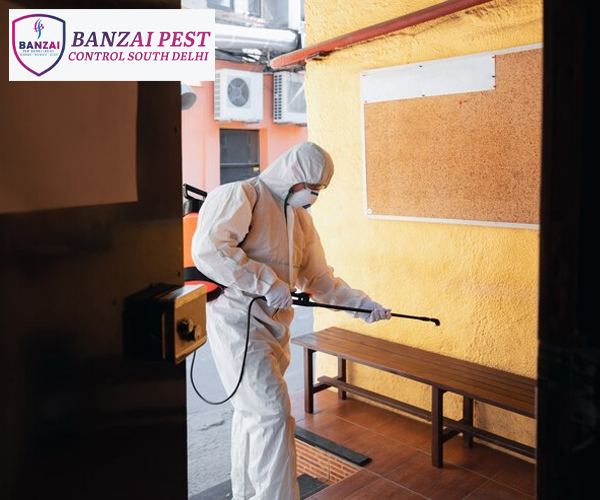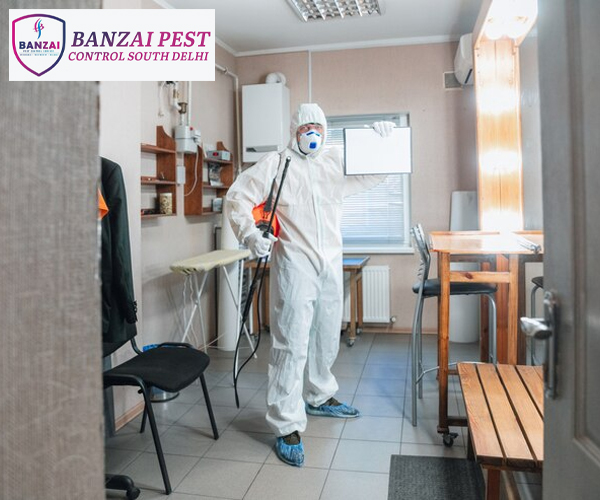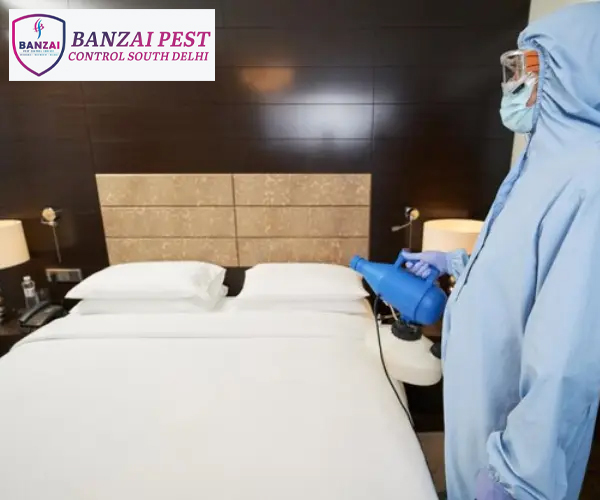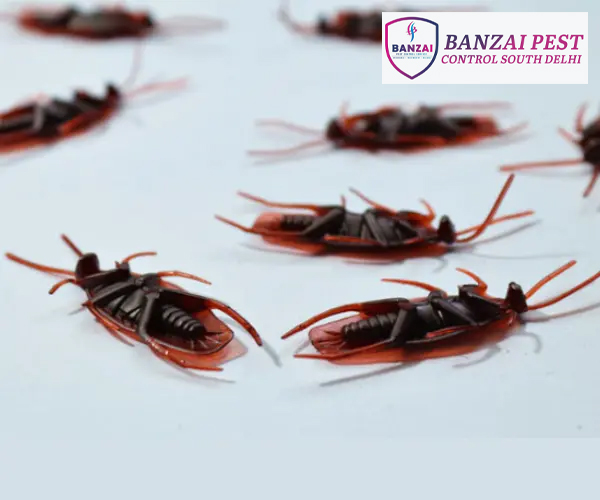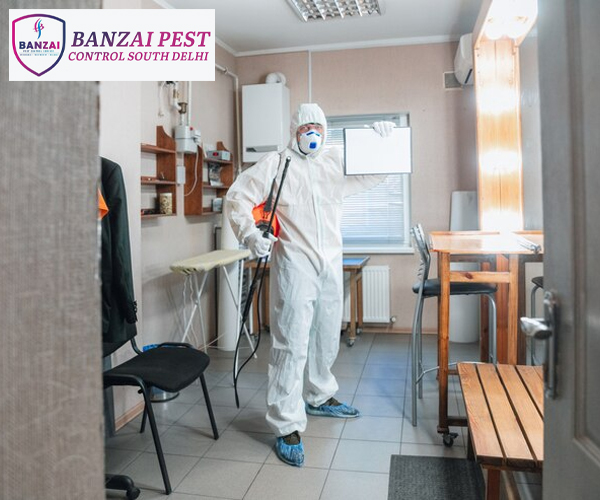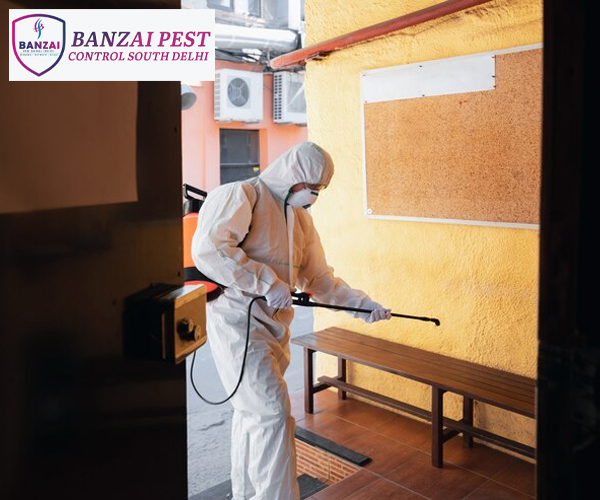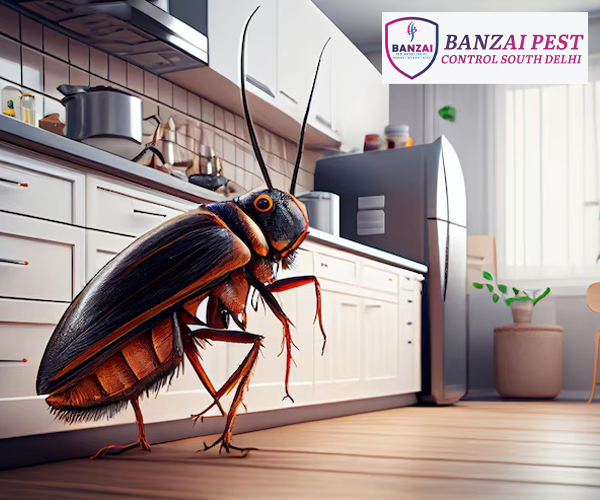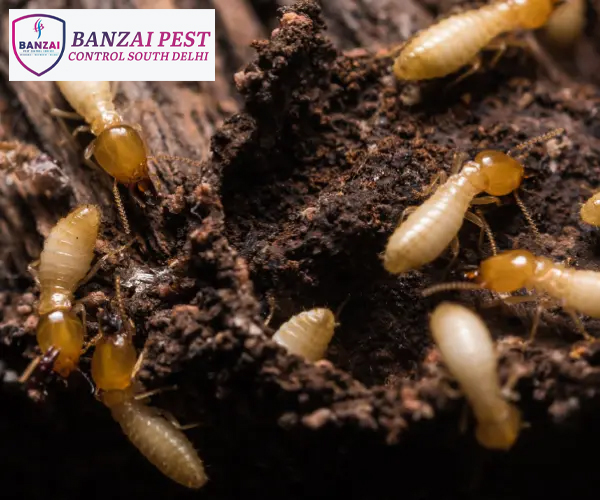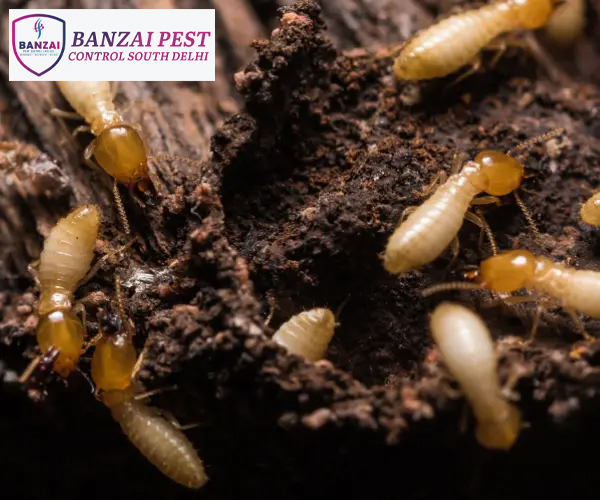
Top Termite Control Services in South Delhi | Banzai Pest Control
2024-11-09Termites, often referred to as "silent destroyers," are a major threat to homes and buildings in South Delhi. These tiny, industrious insects are capable of causing extensive damage to wooden structures, furniture, and even the foundation of buildings if left unchecked. Their ability to remain undetected for long periods makes termite infestations particularly insidious, leading many property owners to only notice the damage once it’s too late.
In this blog, we’ll explore the importance of termite control service, the dangers termites pose to your property, how to identify termite infestations, and why professional termite control services in South Delhi are essential for safeguarding your investment. We’ll also highlight what to expect from professional termite control and how you can protect your property moving forward.
Why Are Termites a Problem in South Delhi?
South Delhi is a thriving and dense area, home to a mixture of old and new buildings. The combination of factors like high humidity, plenty of green spaces, and the city's climate makes it a suitable environment for termites to thrive. Termites are particularly attracted to wood, which is commonly used in residential and commercial buildings, making properties in South Delhi highly susceptible to infestations.
Contributing Factors to Termite Infestations in South Delhi:
1. Climate and Humidity:
Delhi's hot, dry climate during the summer months combined with humidity from the monsoon season creates ideal conditions for termite infestations. Termites need moisture to survive, and they thrive in damp areas, which makes homes and buildings in South Delhi a prime target.
2. Older Buildings:
Many areas of South Delhi are home to older buildings, where the foundation and wooden structures may have been exposed to moisture and wear over time, making them more vulnerable to termites. These buildings often lack the modern termite prevention treatments seen in newer properties.
3. Increased Construction Activity:
With South Delhi's ongoing construction and renovation activities, there's an increase in the disturbance of the soil and wood in the area, creating more entry points for termites to invade. Often, termites are unknowingly brought into new buildings during construction, starting an infestation before the building is even occupied.
4. Lack of Awareness:
Many homeowners in South Delhi are unaware of the silent but significant damage that termites can cause until it's too late. Without regular inspections and preventative measures, termite problems can quickly escalate.
The Dangers of Termite Infestations
Termites are not just a nuisance; they are a major structural threat. Left unchecked, termite infestations can compromise the integrity of your property, leading to expensive repairs and even the potential need for rebuilding parts of the structure. Here are the key dangers that termites pose to your property:
1. Structural Damage:
Termites feed on cellulose, a compound found in wood. Over time, they can cause extensive damage to the wooden beams, rafters, floors, and furniture of your home or commercial property. In extreme cases, termites can damage load-bearing structures, posing a serious safety risk.
2. Expensive Repairs:
The cost of termite damage repair can be astronomical. The longer you wait to deal with an infestation, the more extensive the damage will be. Repairing termite-damaged structures often involves replacing entire sections of wood, which can be costly and time-consuming.
3. Decreased Property Value:
A termite infestation can significantly decrease the resale value of your property. If you’re planning to sell, potential buyers will be wary of purchasing a home or office with a history of termite problems, especially if the infestation was not addressed properly.
4. Hidden Damage:
Termite damage is often hidden from view. They can invade areas of your home or business that are not regularly inspected, such as the foundation, crawlspaces, and attic. By the time the damage becomes visible, it could be too late to prevent major structural problems.
5. Health Risks:
While termites themselves do not directly pose health risks to humans, the conditions they create in a home or building (e.g., excess moisture and rotting wood) can lead to mold and mildew growth. These fungi can negatively impact indoor air quality and trigger allergic reactions or respiratory issues.
Signs of Termite Infestation
Termites are notorious for their ability to stay hidden for long periods, making it difficult to detect an infestation early on. However, there are several signs you can look for to spot a potential termite problem:
1. Hollow-Sounding Wood:
If you tap on wooden structures and hear a hollow sound, it could be a sign that termites have eaten away the interior of the wood. While the surface may appear intact, the structural integrity could be compromised.
2. Mud Tubes:
Termites build mud tubes as a protective tunnel to travel between their nests and food sources. These tubes are typically found along walls, foundations, or beams. If you spot mud tubes, it’s a clear indication of a termite infestation.
3. Discarded Wings:
When termites swarm, they shed their wings. If you find piles of discarded wings around windowsills, doors, or near light fixtures, it’s likely that termites are in the process of establishing a new colony nearby.
4. Visible Damage to Wood:
Look for cracks, bulges, or discoloration in wooden surfaces. If the wood appears warped or has a visibly damaged appearance, termites could be responsible. Small holes in wood can also be a sign of termite entry points.
5. Frass (Termite Droppings):
Termites leave behind tiny, pellet-like droppings known as frass. These droppings often accumulate around the base of wooden structures and can be a sign that termites are active.
Why Choose Professional Termite Control Services?
While there are DIY termite control methods available, it’s always recommended to hire a professional pest control company for termite control. Here's why:
1. Expertise and Experience:
Termite Control Service, requires in-depth knowledge of termite behavior and effective treatment techniques. Professional pest control companies, such as Banzai Pest Control South Delhi, employ certified experts who understand the complexities of termite infestations and can accurately assess the severity of the problem.
2. Specialized Equipment:
Termite treatment often involves specialized equipment like liquid termiticides, bait stations, and foam treatments that are not available to the general public. Professional pest control companies have access to these advanced tools and can apply them effectively to eradicate the infestation.
3. Long-Term Solutions:
A professional pest control company not only eradicates the current infestation but also provides long-term solutions. This includes applying preventive treatments to protect your property from future infestations, along with offering regular inspections to ensure your property remains safe.
4. Safe and Eco-Friendly Methods:
Termite control products can be toxic if used improperly. Professional pest control services use safe, eco-friendly, and industry-approved methods to deal with termites, ensuring the safety of your family, pets, and the environment.
5. Cost Savings in the Long Run:
While hiring a professional pest control service may seem like an investment, it can actually save you money in the long run. Effective termite treatment prevents costly repairs and protects your property’s value.
What to Expect from a Professional Termite Control Service in South Delhi
When you hire a termite control service, the process typically involves the following steps:
1. Inspection:
The first step in termite control is a thorough inspection of your property. Pest control technicians will examine areas prone to termite infestations, such as wooden structures, crawlspaces, basements, and foundations, to identify the source and severity of the infestation.
2. Treatment Plan:
Once the infestation is confirmed, a customized treatment plan will be devised. Depending on the level of infestation, treatment may include the application of liquid termiticides, bait stations, or localized treatments to specific areas.
3. Prevention and Maintenance:
To prevent future infestations, the pest control technician will apply preventive treatments around your property, especially at entry points. Additionally, you will be provided with tips on how to reduce the risk of future infestations, such as fixing leaks and eliminating wood-to-soil contact.
4. Follow-Up:
Termite treatments often require follow-up visits to monitor the effectiveness of the treatment. A professional company will schedule these visits to ensure the infestation has been fully eradicated.
How to Prevent Termite Infestations in the Future
After dealing with a termite problem, it’s essential to take steps to prevent future infestations. Here are some tips to help protect your property:
- Fix Leaks: Termites are attracted to moisture, so fix any plumbing leaks and ensure that water does not accumulate near your foundation.
- Remove Wood-to-Soil Contact: Ensure that wooden structures, such as fences, decks, and beams, are not in direct contact with the soil.
- Seal Cracks: Seal any cracks in the foundation or walls to prevent termites from gaining access.
- Regular Inspections: Schedule regular termite inspections to catch any problems before they become severe.
Conclusion
Termite infestations are a significant concern for property owners in South Delhi. The damage caused by termites can be extensive and costly, but with professional termite control services, you can protect your property from destruction. By hiring experts like Banzai Pest Control South Delhi, you can ensure that your home or business remains safe from termites, with effective treatment and long-term preventive measures.
Don’t wait until it’s too late. If you suspect a termite problem, contact a professional pest control company immediately to safeguard your property from these silent destroyers. With the right approach, you can protect your home and investment for years to come.
